electricity
electricity

electricity
A name that includes a variety of phenomena resulting from the presence and flow of electrical charge. These phenomena include lightning and static electricity. But it contains less common concepts such as electromagnetic field and electromagnetic induction.
In general usage, it is appropriate to use the word “electricity” to refer to a number of physical effects. But in scientific usage, the term is ambiguous. These related concepts are best defined in more precise terms as follows:
- Electric charge : It is a property of some subatomic particles that determines their electromagnetic interactions. Electrically charged matter is affected by and produces electromagnetic fields.
- Electric current : The movement or flow of electrically charged particles, usually measured in amperes.
- Electric field : It is an effect produced by an electric charge on other charges located near it.
- Voltage : The ability of an electric field to do work, usually measured in volts.
- Electromagnetism : It is the basic interaction that occurs between the magnetic field and the presence and movement of electric charge.
Electrical phenomena have been studied since ancient times, but the science of electricity did not witness any progress until the seventeenth and eighteenth centuries. However, practical applications related to electricity remained few in number, and engineers were not able to apply the science of electricity in the industrial field and residential uses until the late nineteenth century. The rapid progress in electrical technology at that time brought about changes in industry and in society as well. The amazing multiple uses of electricity as a source of energy have shown that it can be used in a large number of applications such as transportation, heating, lighting, communications, and computation. The basis of modern industrial society depends on the use of electrical energy, and it can be predicted that reliance on electrical energy will continue in the future.
Label face
Electricity is a Persian word composed of kāh , meaning straw, and rābaī , meaning attractor. Their combined meanings are the attractor of straw. What is meant by the word “electricity” in Persian is amber, which is called gray amber in Arabic. As for what is meant by the word “electricity” in Arabic, it is “the attraction of amber,” which in Arabic was called the property of electricity, so they deleted the word property . They sufficed with the word electricity. Thus, it was transformed from Persian to Arabic from the meaning of the subject (the attractor) to the meaning of the effect (the attraction).
Amber’s name in Greek is elastron (parsed as ἤλεκτρον electron , meaning the one with sparkles, and from it is the electron among physicists, and therefore electricity is called lightning in Persian ). The name of its activity was derived from it, so it was called electrosems (ηλεκτρισμός) to denote electricity. In Latin, the word for electricity is ēlectricitās, which is derived from ēlectricus, meaning similar to amber.
history

Long before electricity was known, people were aware of the shocks caused by electric shocks. Texts left by the ancient Egyptians, dating back to 2750 BC, referred to these fish as “the thunderbolt of the Nile River,” and they also described them as the protector of all other fish. . About a thousand years later, the Greeks, Romans, naturalists and Muslim doctors also referred to it.
Ancient writers, such as Pliny the Elder and Scribonius Largus, emphasized the sensation of numbness resulting from electric shocks inflicted by stun catfish and electric thunder eels. These authors also discovered that these shocks could be transmitted through conductive objects.
In all cases, the oldest and closest method for discovering the nature of lightning and electricity emanating from any other source is attributed to the Arabs, who applied the Arabic word “ thunder ” to thunder before the fifteenth century.
It was known in the ancient cultures of the countries bordering the Mediterranean that certain objects, such as amber rods, could be rubbed with a cat’s fur, attracting light objects such as feathers. The Greek scientist and philosopher, Thales of Malta, around 600 BC, recorded a set of observations related to static electricity. After these observations, he concluded that friction turns amber into a magnetic substance. In contrast, minerals such as magnetite, known as magnetite, do not need friction to become magnetic.
However, Thales was wrong in his belief that the cause of attraction was the magnetic effect, as scientific research later proved the existence of a relationship between magnetism and electricity. According to one controversial theory, the Parthians, one of the peoples of Persia, knew about electroplating based on information obtained from the discovery of the Baghdad battery in 1936. Although this battery resembles a galvanic cell, it is not certain whether it was electrical in nature. or not.
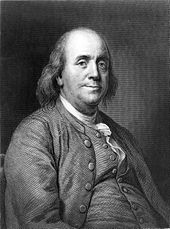
Electricity remained nothing more than an intellectual curiosity for thousands of years until the year 1600. In that year, the English physician William Gilbert conducted a careful study on electricity and magnetism, in which he distinguished between the effect of the lodestone and the static electricity that results from the friction of amber.
He invented the word “electricus”, which is in New Latin (” from amber ” or ” similar to amber “, and taken from ” ήλεκτρον “, meaning ” electron “, which is the Greek synonym for the word ” amber “) to refer to the property of attracting small objects after being scratched.
This connection gave rise to the words “Electric” and “Electricity”, which first appeared in Thomas Browne’s book Pseudodoxia Epidemica, published in 1646.
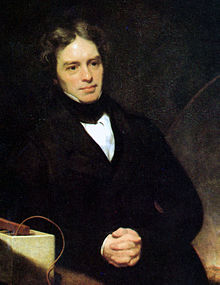
Further works were presented by Otto von Guericke, Robert Boyle, Stephen Gray, and C. F. Du Fay. In the 18th century, Benjamin Franklin conducted extensive research on electricity, so much so that he had to sell his property to fund his research. It is said that in June 1752, he tied a metal key to the bottom of a wet kite string and launched the kite into a stormy sky. Then he noticed a successive group of sparks emerging from the switch to the back of his hand, which proved that the lightning was indeed electrical in nature.
In 1791, Lodi Galvani published his discovery of bioelectricity, which showed that electricity was the medium through which nerve cells transmitted signals to muscles.
In 1800, Alessandro Volta invented the first electric battery and called it the “voltaic battery.” It was made of successive layers of zinc and copper. This battery provided scientists with a more reliable source of electrical energy than electrostatic machines
Which was used before. Electromagnetism, the unity of electric and magnetic phenomena, is credited with identifying electromagnetism, the unity of electric and magnetic phenomena, in 1819-1820, and Michael Faraday invented the electric motor in 1821. Georg Ohm also mathematically analyzed the electric circuit in 1827.
Although the early nineteenth century saw rapid progress in electricity, the late 19th century saw the greatest progress in electrical engineering. Electricity went from being just a puzzling scientific curiosity to a major and indispensable tool in modern life and became the driving force of the Second Industrial Revolution. All of this was achieved thanks to people such as Nikola Tesla, Thomas Edison, Otto Plathe, George Westinghouse, Ernst Werner von Siemens, Alexander Graham Bell, and Lord William Thompson, 1st Baron Kelvin.
If you have any inquiry, please contact us freely and we will be happy to serve you.

Jezli website for purchasing electrical appliances
When we say Jeezly website, we are talking about one of the most famous Arab websites that was able, in a very short period of time, to achieve a very large demand for purchases from it by people from various parts and sectors of the Arab world.
On the Jeezly website, you will find a joint look and all the products that you may need in your home, starting with those for kitchens or bathrooms, but even those for gardens, you will find them on this wonderful site.
So, if you were lost before and did not know where to go to buy your products on the Internet, now you have the perfect solution, and all you have to do is go to the Jezli website and start choosing the products you want.
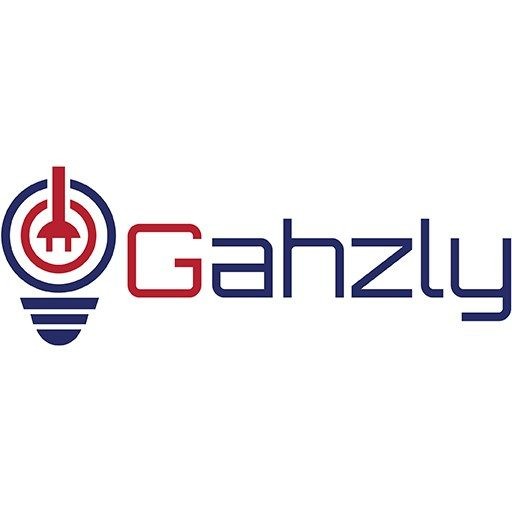 What are the features of Jeezly ?
What are the features of Jeezly ?
Since we are talking about a site that is preferred by many people around the world, there is no doubt that it is a site full of various features and characteristics. Therefore, we have decided to devote our next paragraph to pointing out the most prominent features of the Jezli site.
One of the most prominent features of the site is the proportionality of prices. On the Jeezly website, you do not have to worry about the imaginary prices of the products, as is the case with most sites that display their products on the Internet.
The price of delivering products is very reasonable and not expensive, and the site accepts delivery to various countries, without forgetting that it accepts free shipping on some products.
One of the advantages of the site is also the high quality of its products, as it is impossible to find a poor quality product. Rather, the Jezli website deals with major companies, Philips, for example, and other famous brands, so you must remove from your mind the idea of the poor quality of one of the products. Another advantage of the site is that it does not specialize in one type of product, but rather you will find various types of products on it, for example, electrical appliances, hand tools, mechanical devices, paints, packages for establishing apartments, and many other types.
Jeezly website also accepts what is known as the shopping cart, which makes it easy for you to filter the products you want to buy and put them in one package in order to be able to pay with the click of a single button.
Accepts multiple payment methods.
We are pleased that you visit our social media pages, where we publish exclusive offers on our website.
Our Facebook page is here .
Our Twitter account is here .





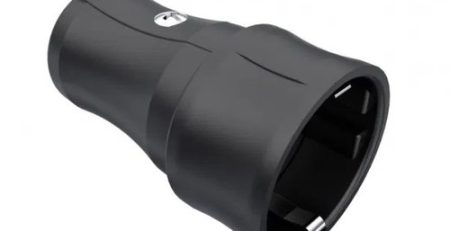



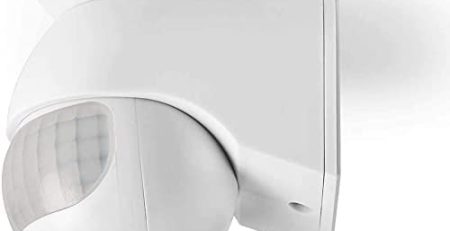


Leave a Reply
You must be logged in to post a comment.